MORE IMPORTANT INFORMATION ABOUT YOUR TRAVEL TO Liege
The Train station is located at the center of Liege
Liège ( lee-EZH, lee-AYZH, French: [ljɛʒ], locally [li.eʃ]; Walloon: Lidje Walloon: [liːtʃ]; Dutch: Luik [lœyk]; German: Lüttich [ˈlʏtɪç]) is a major Walloon city and municipality and the capital of the Belgian province of Liège. The city is situated in the valley of the Meuse, in the east of Belgium, not far from borders with the Netherlands (Maastricht is about 33 km (20.5 mi) to the north) and with Germany (Aachen is about 53 km (32.9 mi) north-east). At Liège, the Meuse meets the River Ourthe. The city is part of the sillon industriel, the former industrial backbone of Wallonia. It still is the principal economic and cultural centre of the region. The Liège municipality (i.e. the city proper) includes the former communes of Angleur, Bressoux, Chênée, Glain, Grivegnée, Jupille-sur-Meuse, Rocourt, and Wandre.
Source:
WikipediaADDITIONAL INFORMATION ABOUT Lausanne
The Train station is located at the center of Lausanne
Lausanne (, also US: French: [lozan], German: [loˈzan]; Arpitan: Losena [lɔˈzəna]; Italian: Losanna; Romansh: Losanna) is the capital city and biggest town of the canton of Vaud in Romandy, Switzerland. A municipality, it is situated on the shores of Lake Léman (French: Le/Lac Léman). It faces the French town of Évian-les-Bains, with the Jura Mountains to its north-west. Lausanne is located 62 kilometres (38.5 miles) northeast of Geneva. The municipality Lausanne has a population of about 140,000, making it the fourth largest city in Switzerland, with the entire agglomeration area having about 420,000 inhabitants (as of January 2019). The metropolitan area of Lausanne-Geneva (including Vevey-Montreux, Yverdon-les-Bains, and foreign parts) was over 1.2 million inhabitants in 2000.Lausanne is a focus of international sport, hosting the International Olympic Committee (which has recognized the city as the "Olympic Capital" since 1994), the Court of Arbitration for Sport and some 55 international sport associations.
Source:
WikipediaImages of the trains for your trip
Where Can You Travel With Us?
TAKE A LOOK AT OUR MAP
France
Italy
Netherlands
Luxembourg
Austria
Germany
Belgium
Switzerland
Denmark
Sweden
Norway
Hungary
Czech
Ukraine
China
Active
France, Italy, Netherlands, Luxembourg, Austria, Germany, Belgium, Switzerland, Denmark, Sweden, Norway, Hungary, Czech, Ukraine, China
Upcoming
USA, Canada, Spain, Poland, Japan
Other Train Trips From Lausanne
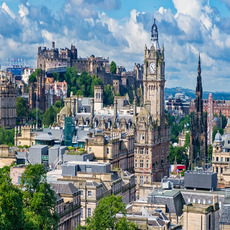
Lausanne to Riederalp

Lausanne to Giubiasco

Lausanne to Romanshorn
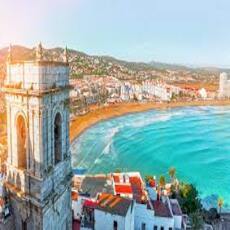
Lausanne to Kreuzlingen

Lausanne to Domat Ems

Lausanne to Lucerne
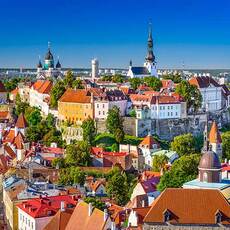
Lausanne to Stansstad

Lausanne to Davos Wolfgang

Lausanne to Taverne Torricella

Lausanne to Kloten

Lausanne to Leukerbad

Lausanne to Effretikon

Lausanne to Landquart
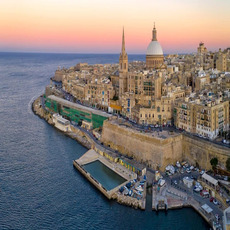
Lausanne to Sursee
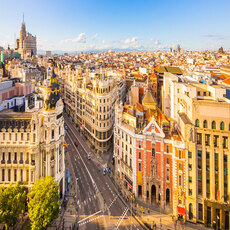
Lausanne to Saint Moritz
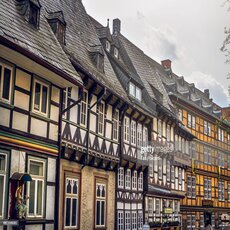
Lausanne to Wengen

Lausanne to Kandersteg

Lausanne to Horgen

Lausanne to Zweisimmen

Lausanne to Wil
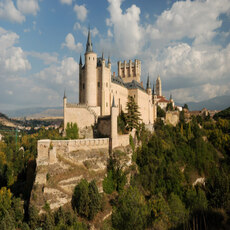
Lausanne to Thalwil
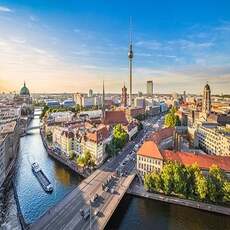
Lausanne to Vallorbe

Lausanne to Glattbrugg
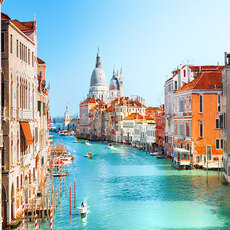
Lausanne to Balsthal

Lausanne to Gossau Sg

Lausanne to Palezieux
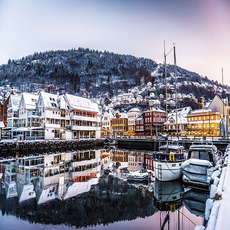
Lausanne to Burgdorf CH

Lausanne to Grenchen South

Lausanne to Interlaken East

Lausanne to Duebendorf
WHY YOU SHOULD TRAVEL BY TRAIN?
To travel from Lausanne To Liege, trains would be the best travel choice, for several reasons:
1
Eco-Friendly
Trains are the most environmentally-friendly way of transport to the EU Environment Agency. They are powered by electricity, which is renewable and has a low environmental impact.
2
Speed
Travelling by train is in most cases the fastest way to go from Rome to Milan. Trains usually travel at high speeds, making them the fastest way to get from one place to another.
3
Safety
Travelling by train is one of the safest forms of transport. Trains are heavily regulated and monitored, making them safer than other forms of transport.
4
Price
Travelling by train is often cheaper than other forms of transport, such as flying or taking a bus. Trains are often subsidized by the government, making them cheaper than other forms of transport.
5
Luggage
Travelling by train is a great way to transport luggage. Trains usually have plenty of space for luggage and they are usually safe and secure.
6
Luggage
Travelling by train is often faster than other forms of transport, such as driving or taking a bus. Trains usually travel at high speeds, making them the fastest way to get from one place to another.
7
Comfortability
Travelling by train is usually very comfortable. Trains usually have comfortable seating and plenty of legroom, making them a great way to travel.
8
Comfortability
Travelling by train is a great way to get some sleep. Trains usually have comfortable seats and plenty of legroom, making them a great way to get some rest while travelling.
9
WIFI
This is not necessarily the most important when you travel since we prefer to tell you to enjoy your travel without your phones, but on trains, you can find WIFI onboard, so you remain connected to the internet if you choose to.
THESE ARE THE TRAIN OPERATORS WE WORK WITH



















